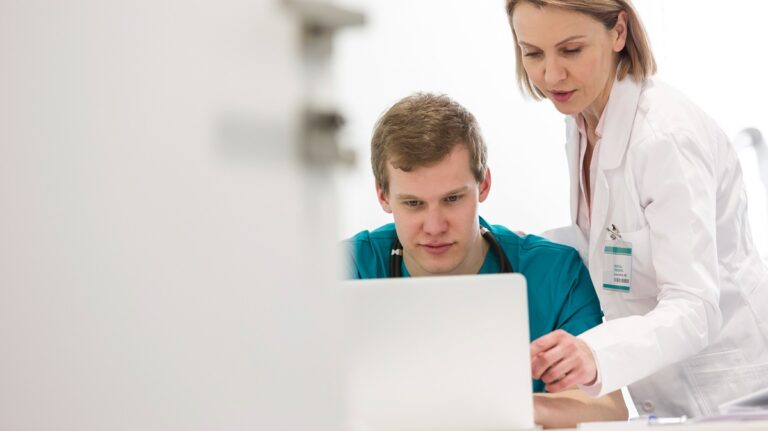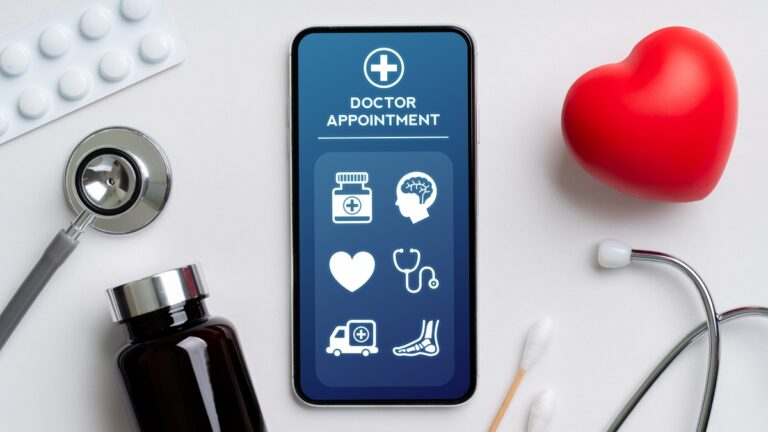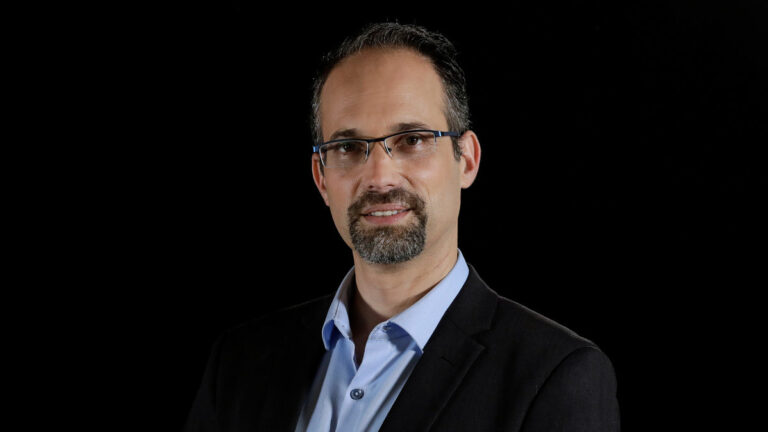In 2014, the US Food and Drug Administration approved the first artificial intelligence algorithm for medical applications. Since then, the number has multiplied, and by June 2019, the FDA had already passed a total of 46 algorithms. Digital health funding is increasing at a rapid pace. In 2011, Venture Capital funds invested $1.1B in medical start-ups. In 2019, digital health companies raised a total of $7.4B across 394 deals from 627 investors.
Technologies that used to be niche just a few years ago, such as telemedicine, are now becoming more common. The number of wearables increased from 13% to 33% between 2015 and 2019. Keeping track of health parameters with, for example, mobile applications is continuously growing in popularity. Electronic medical records, e-prescriptions, and e-referrals are spreading even faster, displacing their paper versions. In some highly developed countries, medical data is only collected in electronic form. The adaptation of digital health entails legal changes and mobilizes even the most delayed digital organizations to make changes. Health insurers are beginning to refund the costs of so-called digital therapies based on mobile applications or telemedicine equipment.
If we gathered all the data on innovation and information technologies in health care on a single chart, we would see an exponential trend line. We are approaching the center of gravity, where digitization affects everyone and changes the rules of the whole sector, and even the way health professionals work.
Doctors in a new technology ecosystem
In a survey conducted by Stanford Medicine and presented in the 2020 Health Trends Report, 47% of doctors and 73% of medical students admitted that they were taking additional professional courses to be better prepared for further technological developments in health care. The most popular topics are data science, population health management, genetic counseling, programming, and artificial intelligence. Not without reason – the doctor of the future will be not only a specialist in diseases but also a specialist in data management and concluding statistical analyses.
Physicians will be required to cooperate with artificial intelligence systems. The amount of available data is increasing. The task of AI algorithms will be to analyze the data, but it is the doctor who will make the final decisions, and he or she must know how and where to look for additional information. The growing importance of prevention means that doctors will create statistical models, forecasts, and health scenarios based on the information available in the electronic medical record and the parameters monitored by the patient.
Doctors will largely rely on data
Only 7% of doctors and 14% of students/residents use systems based on artificial intelligence regularly. In the case of telemedicine technologies, these numbers are 39% and 41%, respectively. The survey also examined the value of data provided by patients in the clinical decision-making process. 20% of medical students/residents and 23% of doctors believe that the information collected by patients in health applications is very valuable. Similar results relate to the data collected by wearables. This shows a gap between the expectations of patients who use new technologies to monitor their health and the doctors who do not see significant value in the information provided directly by the patient. One must assume that with time patients will provide more data and expect the doctor to take it into account while making a decision.
The vast majority of medical students and residents (77%) believe that education in medical schools was helpful in preparing for new technologies in health care. The fact that doctors and students are trying to expand their knowledge of issues concerning, for example, artificial intelligence, shows that the education system is falling behind the market trends. Doctors believe that a third of their tasks will be automated in the future.
Dealing with AI
The transformation of the health care industry also means that new players like Google, Apple, or Amazon are entering the sector. Surprisingly, medical professionals see this trend as a chance. The fact that non-healthcare oriented technology companies start to offer health-related services to patients is more often perceived positively (49% of doctors and 45% of medical students/residents) than negatively (30% of doctors and 24% of residents).
Doctors will get access to new data sources that can improve treatment outcomes, focus on prevention, precisely diagnose diseases, and treat them in a personalized manner. New forms of medical services will benefit patients as the data collected in their electronic medical records will reflect a complete picture of their health. On the other hand, doctors feel a sense of uncertainty about the future and the development of new technologies.
An imbalance between the passion for working with patients and the administrative burden can be already observed. As a part of the existing education system, future doctors should start learning new competencies. Doctors must be involved in the process of technology development because they are the end-users, and they cannot be burdened with solutions that disrupt their work instead of helping. In the end, the medical profession must undergo an ideological transformation, from a job focused on medicine to one that has a lot to do with data, statistics, and artificial intelligence.
Download the 2020 Health Trend Report here


